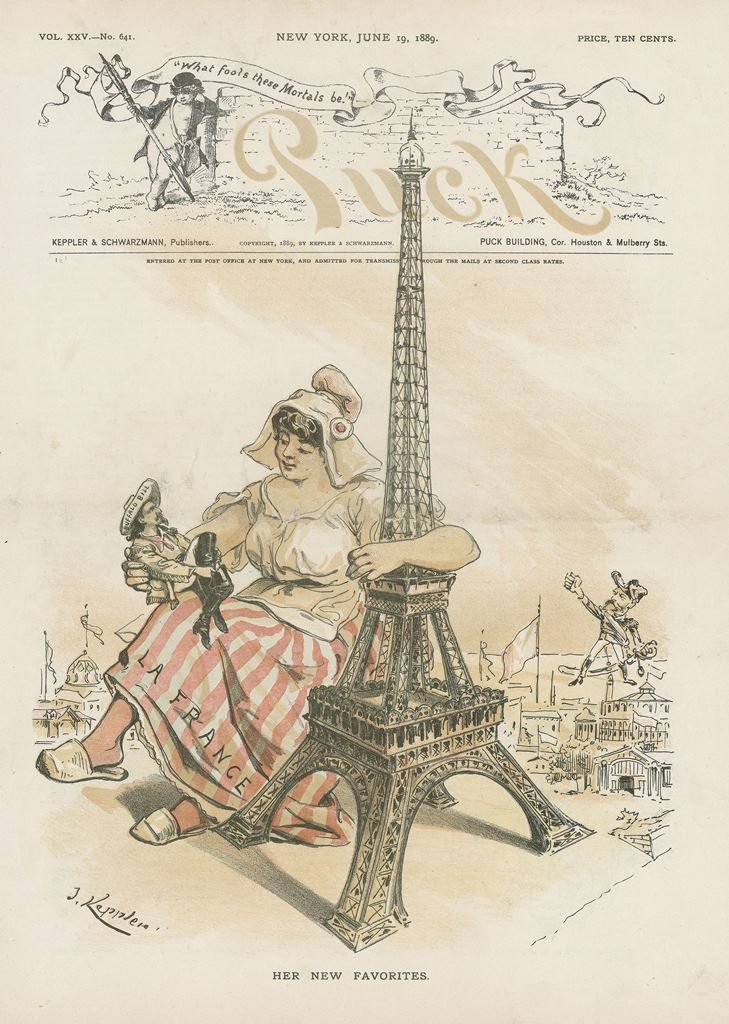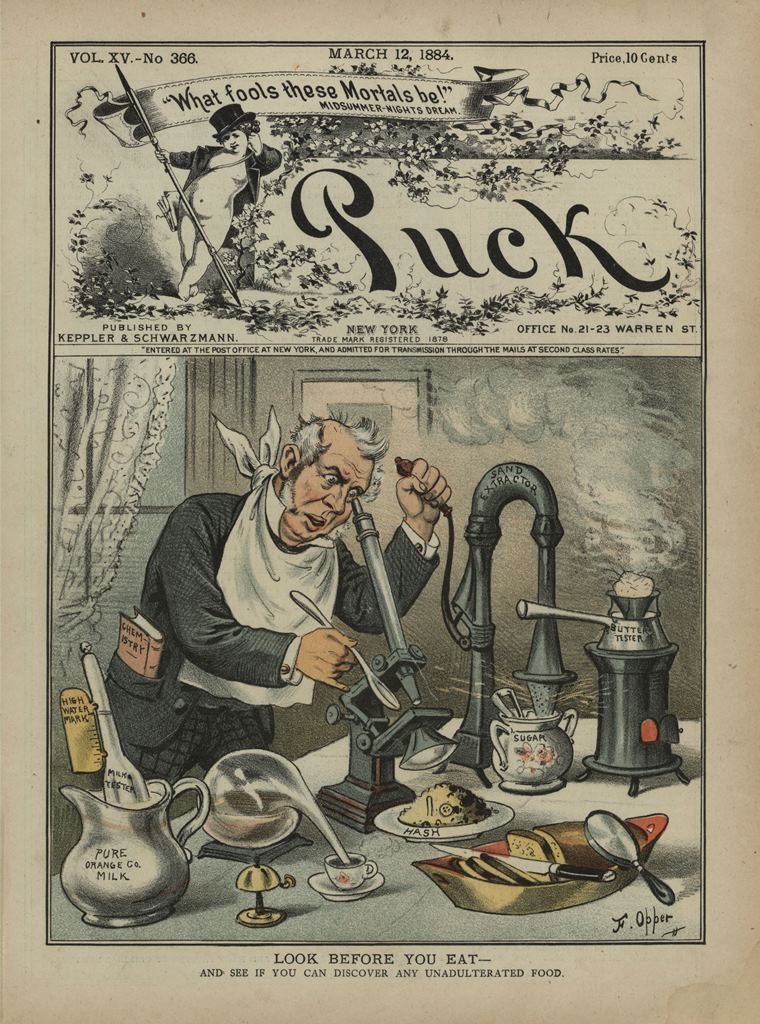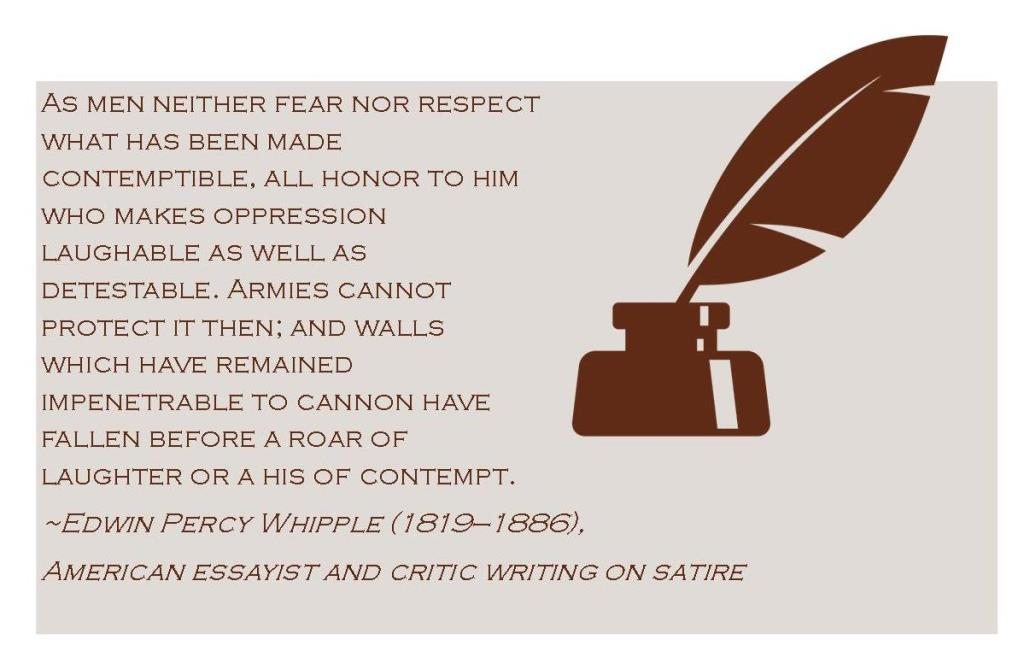From the English Punch magazine of the mid-1800s, to the Harvard Lampoon, Mad magazine, New Yorker, and the Web’s Onion, satire has served the dual purposes of humor and making a point. Poking fun at public policy, society, culture, or politicians is downright amusing—especially from those who do it well. One of the most successful such publications was Puck magazine (1871 – 1918). Points West readers or visitors to the Buffalo Bill Center of the West are already familiar with Puck.
Named after “Puck,” the mischievous prankster of Shakespeare’s Midsummer Night’s Dream, the magazine employed one of Puck’s lines from the play as the magazine’s motto, “What fools these mortals be!”

From a technical standpoint, Puck was different than other magazines of the day. It used lithography rather than wood engraving for printing and was the first American magazine printed in color. It became a major competitor of the other news magazines in production at the time. Neither did it hurt that Puck cost 10¢ at the newsstand, while the popular Harper’s Weekly, for instance, sold for 35¢ per copy.
From a content standpoint, author Joseph Keppler and crew embraced American politics, culture, economics, and social issues, using the mascot Puck as the mouthpiece.

They tackled everything from the pope to Tammany Hall, Republicans and Democrats to women—and yes, even Buffalo Bill.
A periodic subject in Puck was the West and everything associated with it. From Native Americans to cowboys, the magazine often appropriated the West’s issues and icons for its satire. For example, with the “Dummy Homesteader or The Winning of the West,” November 24, 1909, Puck decries the corruption associated with claims to public lands. In “Dance, yer little runt! Dance,” cowboys (coal trust and miners’ union) fire shots at the lowly, suffering consumer while Teddy Roosevelt joins the fray with his six-shooters.
Yes, Puck took on a good number of the timely issues of the turn of the 20th century—many not much different than the here-and-now. In fact, Puck’s motto is probably truer today than ever before: What fools these mortals be!
NOTE: “Wit larded with malice” is a definition of satire from Shakespeare.






